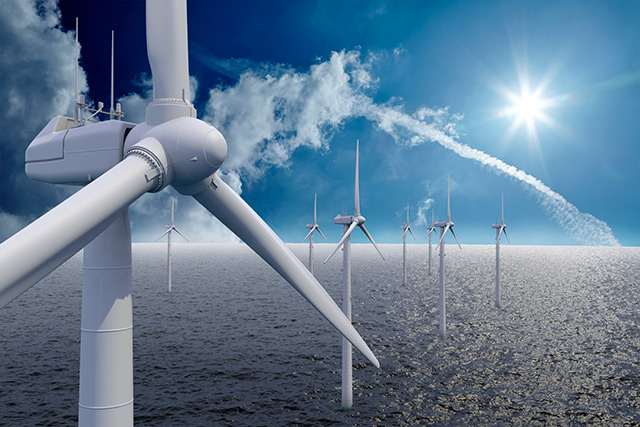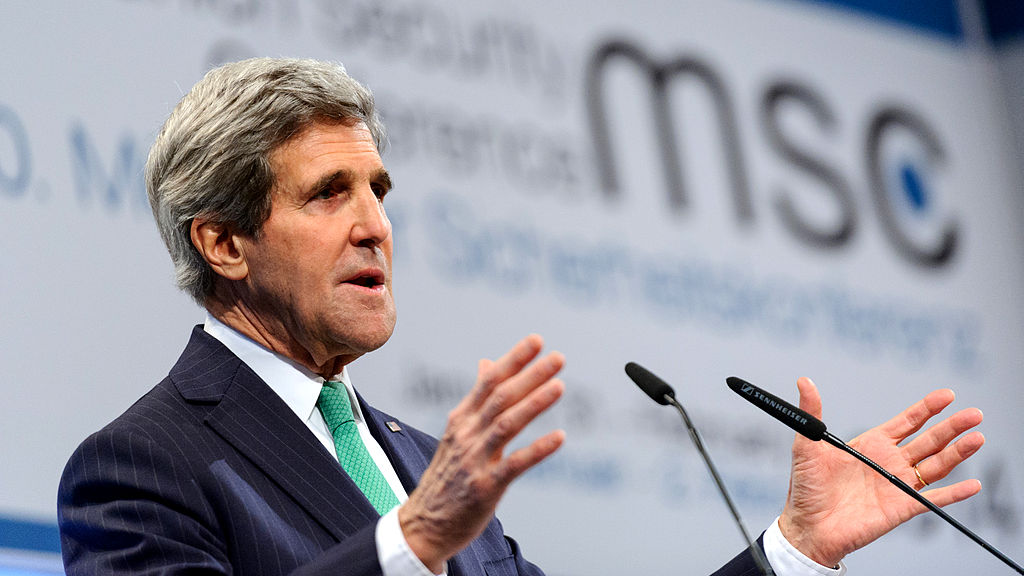Russia and China dominate nuclear electricity generation industry ahead of the U.S.
10/10/2023 / By Laura Harris

Russia and China, along with France and Finland, have taken the lead in nuclear electricity generation as the United States grapples with the challenges of intermittent renewable energy sources.
According to several reports, Russia and China are providing continuous, uninterrupted and zero-emission power. Approximately 60 nuclear power reactors are under construction in 15 countries worldwide. Russia and China jointly account for a substantial 70 percent of the new nuclear plants under development.
The U.S., once a pioneering force in nuclear energy, now finds itself trailing in the race, with only a handful of new reactors under construction. The dominance of Russia and China in nuclear power generation is expected to persist as they invest heavily in advanced technology and expand their nuclear programs.
One key factor in the success of these next-generation nuclear plants is the use of High-Assay, Low-Enriched Uranium (HALEU), a form of enriched uranium required for their operation. Notably, Russia is currently the sole producer of HALEU, raising concerns about American national security. (Related: Rise of EVs is driving more demand for electricity as grid power generation declines.)
As global demand for affordable, reliable, secure and clean electricity continues to rise, both Russia and China have surpassed the U.S. in terms of the number of agreements for the sale of nuclear energy hardware and services. These agreements not only provide economic benefits but also serve as tools for exerting geopolitical influence and setting standards on safety and nonproliferation.
The U.S. has seen its market position erode with the emergence of new international vendors led by Russia and China. The implications of this erosion extend beyond economics, impacting national security, democracy and other vital interests.
Russia and China actively engage in diplomatic efforts to support their state-owned nuclear companies in securing overseas deals. Collaborative research and development initiatives, as well as educational opportunities for students from partner countries, serve to familiarize client states with Russian and Chinese nuclear technologies.
Both countries have significantly expanded their presence in international markets. Russia, in particular, leads the world in exporting nuclear power plants, with agreements in place with 45 different countries. China, although a relatively recent entrant, has also established a significant industrial base for nuclear exports.
America lacks strategic vision for nuclear electricity generation
A lack of strategic vision and growing focus on renewable energy sources is causing the U.S. to cede ground to global rivals like Russia and China.
Experts argue that the absence of a clear and cohesive vision for nuclear energy policy has left the U.S. behind. American leaders must formulate a strategic plan that encompasses nuclear energy and civil nuclear exports to effectively compete with Russia and China.
President Joe Biden and his European counterparts have emphasized the need to transition away from fossil fuels in their efforts to combat climate change. However, detractors argue that this focus overlooks the broader implications of such a shift.
The criticism extends to the practical implications of moving away from fossil fuels. Wind and solar power are indeed valuable sources of electricity, but they do not possess the versatility and capability of fossil fuels in manufacturing a wide range of essential products that support modern society.
As the U.S. and other countries intensify their efforts to rely on intermittent electricity generation from renewables, concerns about the sustainability of these approaches and their potential impact on essential industries and infrastructure are mounting.
Products manufactured from crude oil include those in the medical industry, communications, electronics, military technology and space exploration.
Learn more about the ongoing energy crisis at NewEnergyReport.com.
Watch this clip from InfoWars with Harrison Smith discussing how European leaders are calling for lockdowns to bring down energy usage and electricity prices.
This video is from the InfoWars channel on Brighteon.com.
More related stories:
UK government now paying Britons NOT to use electricity.
Learn how to live without electricity from the Amish community.
Sources include:
Submit a correction >>
Tagged Under:
big government, bubble, China, climate change, collapse, economic riot, electricity, energy supply, EV, fuel supply, green living, Green New Deal, market crash, nuclear energy, power, power grid, renewable energy, risk, Russia, United States
This article may contain statements that reflect the opinion of the author
RECENT NEWS & ARTICLES
GreenDeal.News is a fact-based public education website published by GreenDeal News Features, LLC.
All content copyright © 2018 by GreenDeal News Features, LLC.
Contact Us with Tips or Corrections
All trademarks, registered trademarks and servicemarks mentioned on this site are the property of their respective owners.




















